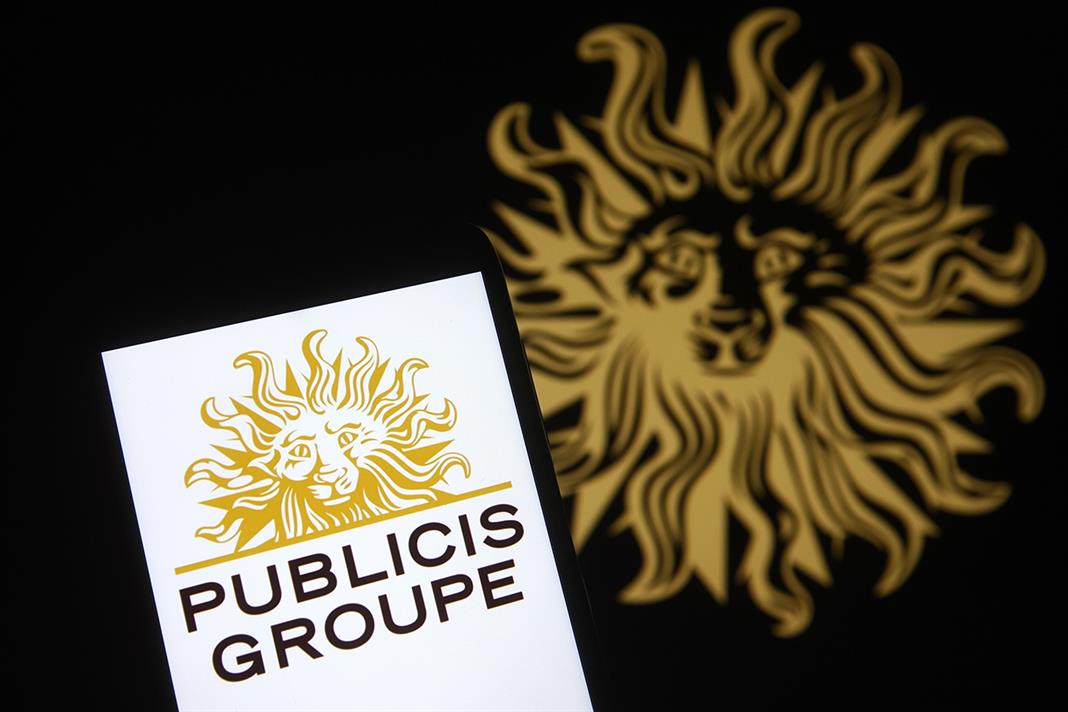Publicis Groupe India has released a comprehensive research report delving into the unique preferences, behaviours, and attitudes of Generation Z in India. As the first generation to be fully immersed in the digital age, Gen Z has grown up in a multi-screen world—constantly engaging with devices from tablets and smartphones to laptops and connected TVs.
While there is already extensive data available on this digitally savvy cohort, there exists significant gap in understanding their specific relationships with various key categories that directly impact marketers and the industry at large. Recognising that this emerging generation behaves distinctly from previous ones, the in-depth study uncovers insights that will shape future strategies and drive meaningful engagement.
The findings, based on research conducted by Kantar across India, reveal 6 generational truths about the Gen Z cohort that manifest across their interactions with key product and service categories. The truths are GenZs are experience collectors, purposeful explorers, inspired by charismatic personalities, abundance of things, exploration of physical health as well as mental health and tech is their fifth sense.
One of the key trends that emerged from various categories was that authenticity is the key in the content that a GenZ adapts, and they don’t blindly consume any content. This is reflected in their fashion sensibilities and decisions—it is shaped by sustainability, inclusivity, and self-expression.
This cohort also prefers quick returns while making financial decisions and spend it on experiences rather than saving huge sum for long term future. Mental health is a priority for them, with a focus on stress reduction, quality sleep, and building better relationships, reflecting their commitment to overall well-being.
When it comes to their dietary habits, Gen Z users prioritise health in their snacks by choosing options with natural ingredients and minimal processing. They also choose beverages that align with their values of health, sustainability, and tradition.
The research employed a multi-dimensional methodology to capture a holistic view of this generation. It combined in-depth interviews, focus groups, influencer interviews, and quantitative surveys from over 3,000 respondents aged 18 to 26 years across the North, South, East, and West regions of the country.
This report offers insights into how this generation pursues meaningful experiences, embraces fluidity, and drives change in the digital era. It also offers understandings for brands and businesses to engage more effectively with this influential and diverse generation by tailoring strategies to their unique needs and preferences.




